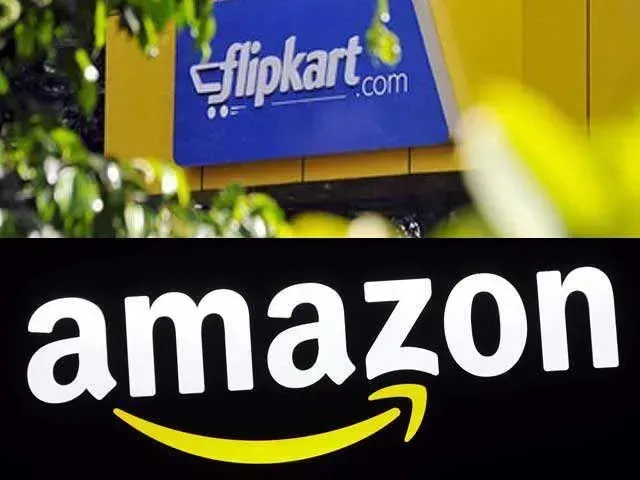The Delhi High Court has issued a significant interim order directing major e-commerce platforms, including Amazon and Flipkart, to immediately delist fast-moving consumer goods (FMCG) that bear unauthorised “Reliance” and “Jio” trademarks. The ruling came on a lawsuit filed by Reliance Industries, which alleged that certain sellers across these platforms were trading products under identical or deceptively similar branding to that of Reliance and its telecom subsidiary, Jio.
In its analysis, the Court carefully considered the extent to which customers rely on brand identity when purchasing FMCG—goods that are typically chosen for their name recognition and perceived quality. The justices emphasised that if third-party sellers are permitted to use the “Reliance” and “Jio” branding without authorisation, consumers could erroneously believe that these goods are manufactured, endorsed, or otherwise associated with Reliance Industries. Such confusion, the Court held, threatens consumer safety and undermines the trust associated with well-known trademarks.
The interim injunction, passed by Justice Saurabh Banerjee, restrains the infringing sellers from manufacturing, advertising, or distributing the goods under the disputed names. The Court underscored that this injunction was essential to prevent ongoing consumer deception during the pendency of the suit. At the same time, the order applies directly to Amazon, Flipkart, and potentially other platforms hosting those sellers, compelling them to delist the infringing products swiftly to avoid aiding the trademark violation.
Reliance Industries elaborated that its FMCG vertical now spans core necessities like fresh produce, dairy items, and everyday groceries sold through both online and brick-and-mortar retail channels. This move into everyday consumer markets makes the brand identity not just symbolic but also a source of consumer trust and quality assurance. Given this widespread presence, the improper use of the trademarks online can significantly damage brand goodwill and harm customer perception.
In rendering its decision, the Court took a consumer-centric approach. It recognized that shoppers on online marketplaces typically rely on brand names to navigate and make purchase decisions. Deceptive usage of trademarks by unauthorised sellers can mislead consumers and pose risks—financial as well as health-related if the products are substandard. By ordering the delisting of such products, the Court sought to preserve the integrity of marketplace transactions and protect consumers from potentially unsafe or misbranded FMCG items.
This interim injunction does not merely halt sales but sends a broader message: online platforms bear responsibility for preventing trademark infringement in their listings. E-commerce portals like Amazon and Flipkart, acting as intermediaries, must be vigilant in enforcing brand protection and compliance. By instructing these platforms to swiftly remove infringing goods, the Court effectively emphasizes that passive hosting is no longer acceptable where brand reputations and consumer safety are at stake.
The order marks an important judicial intervention reinforcing trademark protection in the digital marketplace. It underscores the rights of established brands like Reliance and Jio to safeguard their identity and reputation, especially within highly consumer-facing sectors. Simultaneously, it holds intermediaries accountable, underscoring their duty to monitor and regulate third-party sellers. This ruling is expected to resonate across e-commerce platforms, potentially influencing future enforcement actions in India and signaling that misuse of trademarks in FMCG and other sectors will not be tolerated.










0 Comments
Thank you for your response. It will help us to improve in the future.